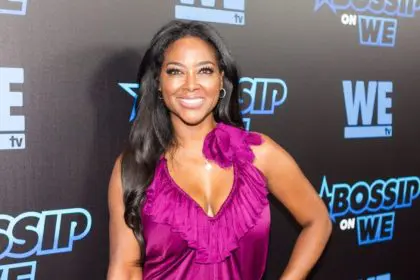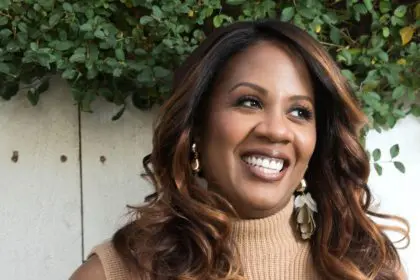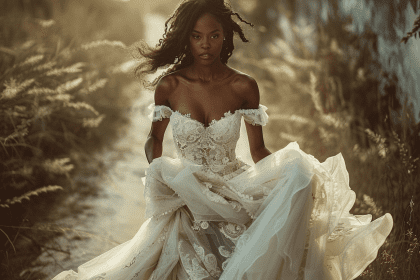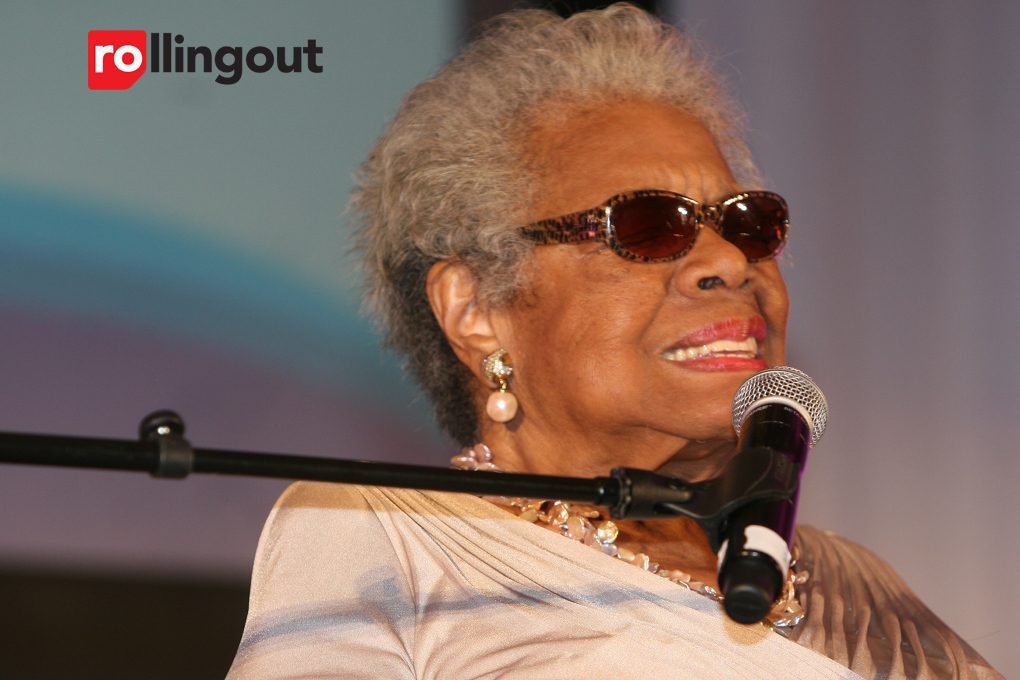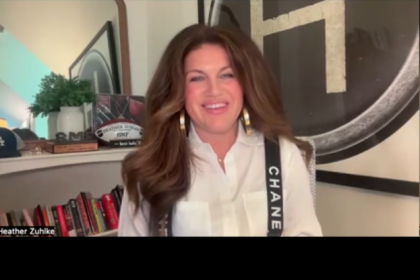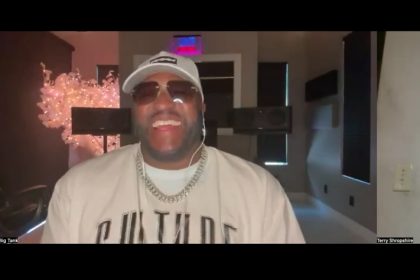“One way to develop courage is to not entertain company who debase you. Don’t laugh at someone who is laughing at you or putting you down. Take offense. When someone says ‘I hope you won’t be offended,’ then you probably will be.” –Maya Angelou
When the death of Maya Angelou was announced, social media users flooded timelines with powerful quotes from the woman who used words to inspire and provoke personal change.
It proved the significance of Angelou’s legacy and exposed the beauty of her work to a new generation who were babies when she delivered her poem “On the Pulse of Morning” at Bill Clinton’s 1993 inaugural ceremony.
It’s a generation that embraces a “new age” spoken word culture that comes in the form of rap music. But for those born in the ’80s and ’90s, hip-hop is more than music, it’s a way of life. The music-driven culture often influences how we dress, and interact with each other. It sometimes serves as a barometer of who we are and where we’re likely going.
At its core, the best rappers are inspired by Angelou’s ability to arrange words so that it creates a memorable impact. But at times, rap music often negates Angelou’s legacy to build courage within black women. For any woman who grew up loving rap music, it can be hard to believe that rap music loves her back.
Although rap has never been a monolithic music that depends on one voice or thought, there is often a prevalence to promote the worthlessness of women.
It has also become an ongoing theme in popular reality TV shows.
Within these mediums, women are objects who are only here to fulfill sexual desires; women are more desirable when they engage in sexual acts with other women; women are untrustworthy when it comes to relationships; women are evil and manipulative when kids are involved; women hate each other.
Again, theses aren’t the only messages in rap and reality TV, but these are messages that are often perpetuated and learned by listeners and viewers.
Today’s top black female rappers and reality TV stars have accepted these stereotypical roles. In turn, it tells young females that it’s OK to be disrespected and to act in a disrespectful manner.
But when taking the time to study the thoughts of Angelou, her words remind us that black women deserve more from themselves and the culture that they attach themselves to.
Angelou never yelled, threw fists in a club, or splashed a drink in someone’s face to make a point. She also didn’t allow others to show a lack of respect for her.
Maya Angelou once said, “If we accept being talked to any kind of a way, then we are telling ourselves we are not quite worth the best. And if we have the effrontery to talk to anybody with less than courtesy, we tell ourselves and the world we are not very intelligent.”
We must always tell the truth of who we are, whether it be in books, music, TV or film. But when negativity becomes the standard, change must occur.


